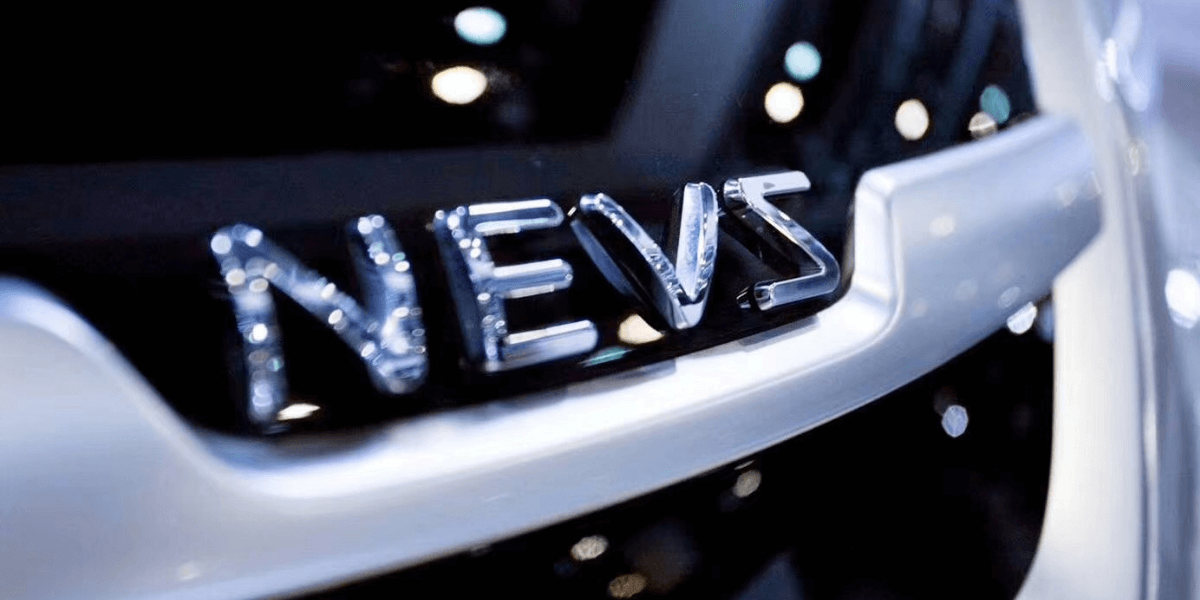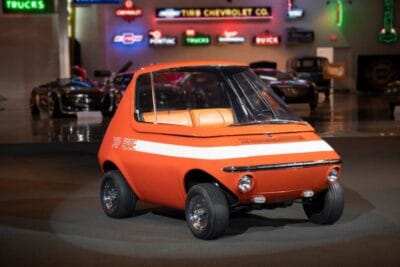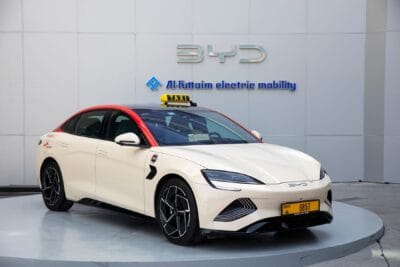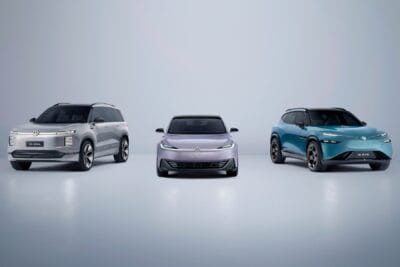NEVS launches production of their first BEV
Saab successor NEVS (National Electric Vehicle Sweden) has started series production of the electric sedan based on the Saab 9-3. The NEVS 9-3 is now rolling off the production line at the plant in the northern Chinese port city of Tianjin.
The factory is initially designed to produce 50,000 electric cars per year. The vehicle has a capacity of 130 kW, is equipped with CATL batteries and sold at prices starting at the equivalent of 24,700 dollars (after subsidies). The platform of the Saab 9-3 was part of the bankruptcy estate that NEVS took over from the Swedish carmaker in 2012.
The second generation Saab 9-3 was built between 2002 and 2011 based on General Motors’ Epsilon platform in Trollhättan. Following the insolvency and takeover by NEVS, production in Trollhättan resumed briefly in 2013. However, the vehicle was overhauled, and the parts for which GM held the patents replaced. After NEVS 2014 itself had to file for creditor protection, production stopped again. The Chinese company also lost the rights to use the Saab brand name in the process, which is why they now market the new vehicle as NEVS 9-3.
The extent to which the car has been modified since then – apart from the conversion to a purely electric drive – is not known. In the published photos from the factory in Tianjin, the vehicles still resemble the Saab 9-3. The new NEVS owner, the Evergrande Group, has not announced any further details about the new electric car. However, a strong relationship to the Swedish car is likely, as the plans for the production started now were only made public half a year ago. The development of a completely new car model, including production planning, usually takes several years.
The question is how long the production will run based on the 9-3. Evergrande has acquired a considerable amount of technical know-how over the past few months after the failed attempt with Faraday Future: Following NEVS in January, Evergrande has also taken over the Shanghai-based battery supplier CENAT New Energy. But Evergrande has also made purchases abroad: The wheel hub motor specialist Protean from Great Britain and the Dutch company e-Traktion are now also part of the Chinese group.
Evergrande had just formulated ambitious targets for its future electric cars with the technology from Protean and e-Traction. However, the pictures of the NEVS 9-3 do not yet show any wheel hub motors. Timely technical upgrades with the purchased technology are possible.
The Chinese real estate group intends to invest a total of 23 billion dollars in the construction of three plants for electric cars. “Evergrande aims to become the largest and strongest electric vehicle group in the world within three to five years,” company boss Hui Ka Yan was quoted in March.





4 Comments